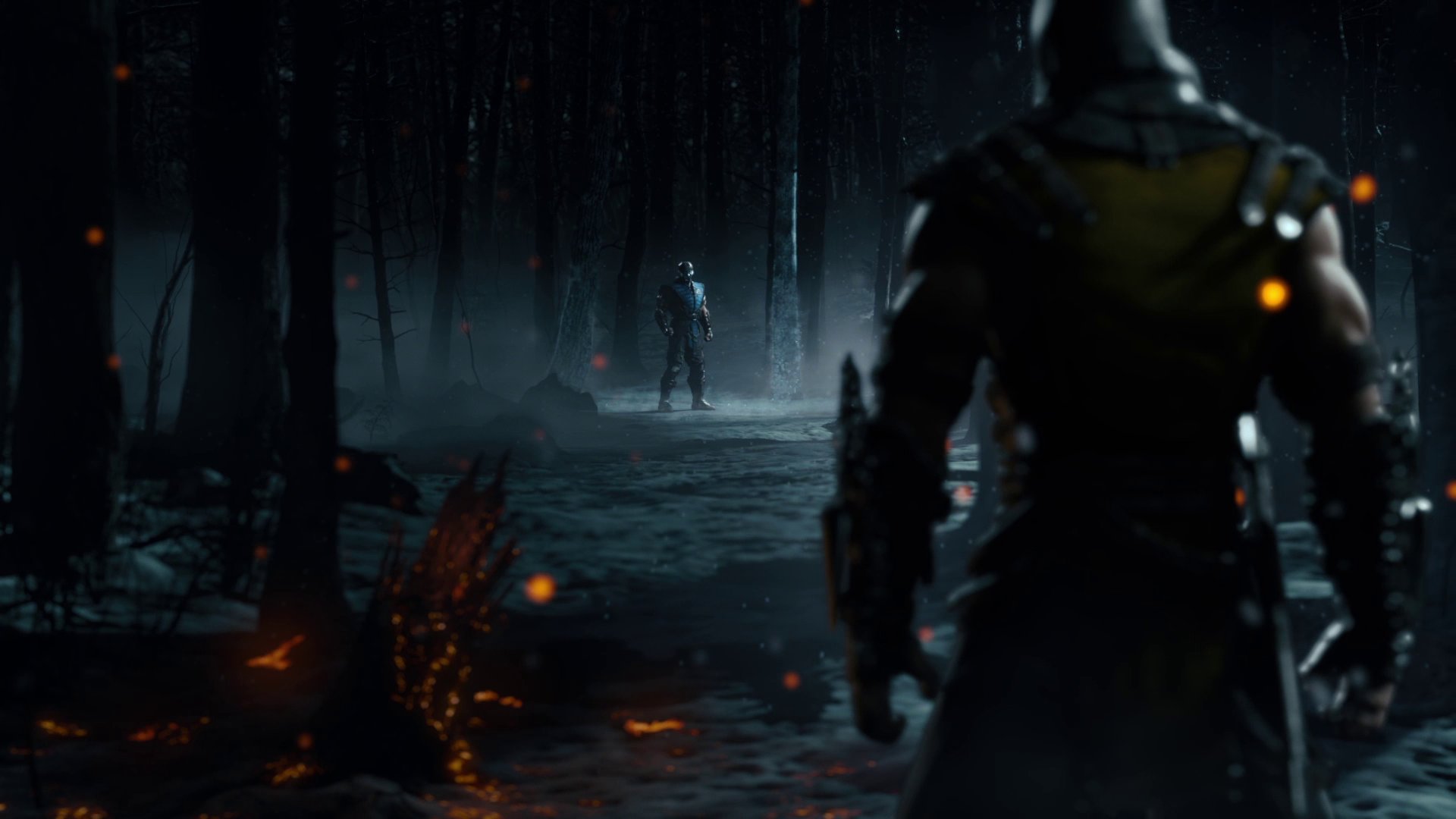So since a lot of people still seem to have outdated rumor-based knowledge dating back to 1999, I will post this again here:
It hardly matters whether you're on a wired or wireless connection.
Shock and awe, right? How is this possible? There was an era where wireless speeds and latencies simply weren't fast enough for the kind of reliability and throughput necessary to play an online fighting game. The hardware simply did not support a fast enough signal with enough throughput.
However, we now live in 2015. Your PS4 supports wireless N, and your Xbox One even supports Dual-Band Wifi with the 5 Ghz band. Transfer is fast enough to be near-imperceptible compared to the over-the-wire endpoint-to-endpoint latency from you to the game host/server, as long as you use good practice and proper, up-to-date hardware.
Yet, in the same sence that people keep repeating "MK is a simple braindead game for n00bs" because they heard someone else say it, people are still repeating platitudes from the days when we had 802.11b connections.
So what DOES matter?
The following keys:

It hardly matters whether you're on a wired or wireless connection.
Shock and awe, right? How is this possible? There was an era where wireless speeds and latencies simply weren't fast enough for the kind of reliability and throughput necessary to play an online fighting game. The hardware simply did not support a fast enough signal with enough throughput.
However, we now live in 2015. Your PS4 supports wireless N, and your Xbox One even supports Dual-Band Wifi with the 5 Ghz band. Transfer is fast enough to be near-imperceptible compared to the over-the-wire endpoint-to-endpoint latency from you to the game host/server, as long as you use good practice and proper, up-to-date hardware.
Yet, in the same sence that people keep repeating "MK is a simple braindead game for n00bs" because they heard someone else say it, people are still repeating platitudes from the days when we had 802.11b connections.
So what DOES matter?
The following keys:
- If you *are* using wireless, you need to make sure that your system is an acceptable distance from the router, as the signal will decay (and become more susceptible to interference in the 2.4 Ghz band) with distance. If the router is in the next room, great. If the router is 4 floors down in the basement, not so great. If you have the 5ghz band available, you want to use that, as it will further minimize outside interference.
- Network traffic: Regardless of whether you use wireless or wired, you need to be aware of what else is happening on your home network. If you have a fancy Gigabit Ethernet connection, with spiffy Cat 6 cable to the router, and a nice $70/month line to your ISP, but there are two other people in your home watching Netflix HD while you're playing MKX, you aren't going to get the benefit of your setup. If you're on wireless, it goes without saying, but obviously you want to make sure you're on a password-protected network as well.
- Connection and peering: All connections are not made alike. There's a lot that can happen to a packet between your system and the server, and your ISP's advertised speed or bandwidth (including what you measure on a site like Speedtest) doesn't even begin to tell the whole story. Reliability and speed are not the same thing. You can ping well, but suffer from momentary spikes and interruptions. You can have great average bandwidth, but suffer from packet loss and erratic ping. Etc. There is no common metric or number that will tell you have you have a good connection to a server or a player -- you either do, or you don't; and it's based on multiple factors outside of your control.

Last edited:





